Lenovo unveils its new ‘hybrid-AI’ vision
The company says its new modular, customizable solutions deliver higher productivity and tangible return on investment

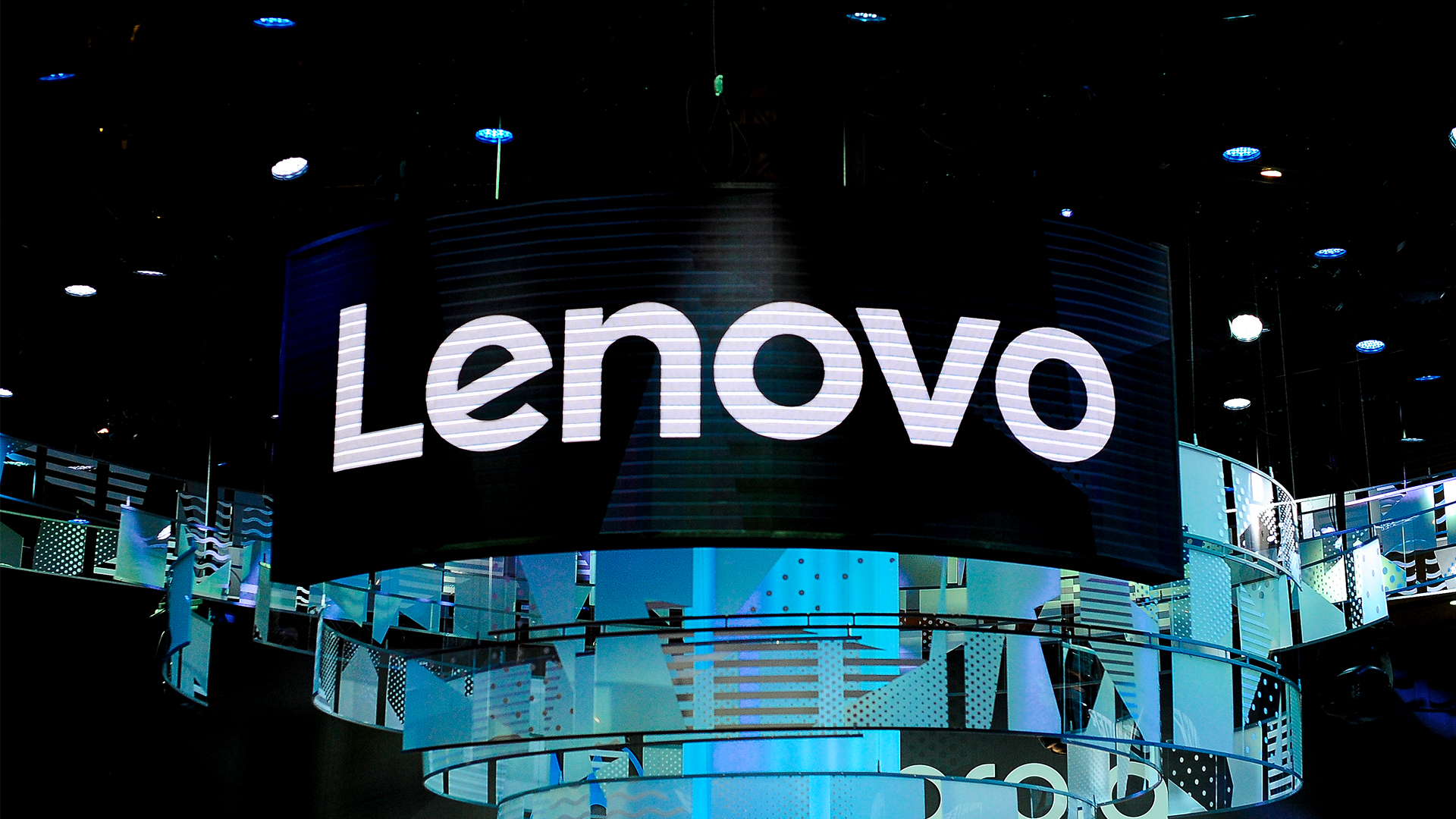
Lenovo has announced a series of new AI solutions, services, and devices as part of its Smarter AI for All program.
Officially unveiled at Lenovo Tech World 2024 in Seattle, the new strategy includes the launch of the Hybrid AI Advantage service for enterprises; the latest ThinkPad X1 2-in-1 Gen 10 Aura Edition AI laptop, Lenovo AI Now local AI agent, and Lenovo Learning Zone software platform
Similarly, the firm announced the launch of the next-gen Lenovo Neptune liquid cooling solution for servers to drive sustainable AI along with proofs of concept that harness AI for social impact.
"Building on the announcements from last year's Tech World, we have been actively delivering on our hybrid-AI vision for customers and partners across the globe," said Lenovo Chairman and CEO Yuanqing Yang.
"We already see that AI is improving the quality of life for individuals and delivering higher productivity for enterprises—and Lenovo makes this paradigm shift faster, more accessible, more connected, and more sustainable.”
Key to this strategy is the combination of “modularization with customization,” Yang said. This will enable the firm to rapidly adapt to evolving customer needs while curating tailored solutions for its varied customer base.
Under the hood of Lenovo’s Hybrid-AI vision
Central to this new vision is the launch of the Lenovo Hybrid AI Advantage framework, which includes a new Lenovo AI Library, a repository of ready-to-deploy AI templates designed to make it simpler to implement AI solutions.
Sign up today and you will receive a free copy of our Future Focus 2025 report - the leading guidance on AI, cybersecurity and other IT challenges as per 700+ senior executives
This framework will provide templates spanning a range of business functions, the company said, including marketing, IT operations, product development, and customer service.
Next up is water cooling, with a new family of ThinkSystem solutions offering up to 100% heat removal. Lenovo said this could help reduce data center power consumption by up to 40%.
Similarly, the company also launched Lenovo AI Now, a local AI agent that transforms PCs into personalized assistants. The move marks the latest enterprise shift toward ‘agentic AI’, with a host of other industry counterparts having launched their own AI agents offerings in recent months.
Salesforce unveiled a sweeping new strategy centered around AI agents across its product ecosystem during Dreamforce 2024. Google also recently highlighted the benefits of AI agents across its own ecosystem, with research showing customers already unlocking significant value from these autonomous AI assistants.
Lenovo device upgrades target AI integration
Elsewhere at Lenovo Tech World, the company unveiled the launch of the new ThinkPad X2 Gen 10 Aura Edition AI laptop. This 2-in-1 laptop offers a raft of integrated AI features to boost user productivity and is aimed specifically at driving quality of life for hybrid workers.
The volume of AI-powered laptop and desktop devices has surged over the last year amidst heightened enterprise interest in AI PCs and the potential benefits they can provide users.
A raft of major device manufacturers have already unveiled their own AI PCs, with Microsoft in particular promoting the advantages of integrated AI features through its Copilot+ range.
Finally, the company announced the launch of new moto AI experiences into beta testing, with plans to issue beta invites progressively through to the end of the year.
This service includes on-demand summaries of personal communications, auto-identification of action items, and AI-generated contextual information for captured content like photos.
The name of the AI game

Bobby Hellard is ITPro's Reviews Editor and has worked on CloudPro and ChannelPro since 2018. In his time at ITPro, Bobby has covered stories for all the major technology companies, such as Apple, Microsoft, Amazon and Facebook, and regularly attends industry-leading events such as AWS Re:Invent and Google Cloud Next.
We have now reached the point where AI buttons are almost a default feature on a laptop like the display or the fingerprint reader. But there is still this sense that manufacturers want their AI services to be more than just another way to control devices. Everyone is trying to get a name that will stick in the public consciousness and they are largely failing.
Microsoft has arguably hit gold with 'Copilot' but that's really because it was one of the first and all PC makers use Windows software – 'Copilot buttons' are now on most new machines.
For everyone else, there feels a slight desperation in the names of their AI services. Take "Lenovo AI now" which feels strange to say out loud. This is a local (on-device) AI agent that you will probably call Copilot by mistake – similar to how some people still call all tablets 'iPads'.
RELATED WHITEPAPER
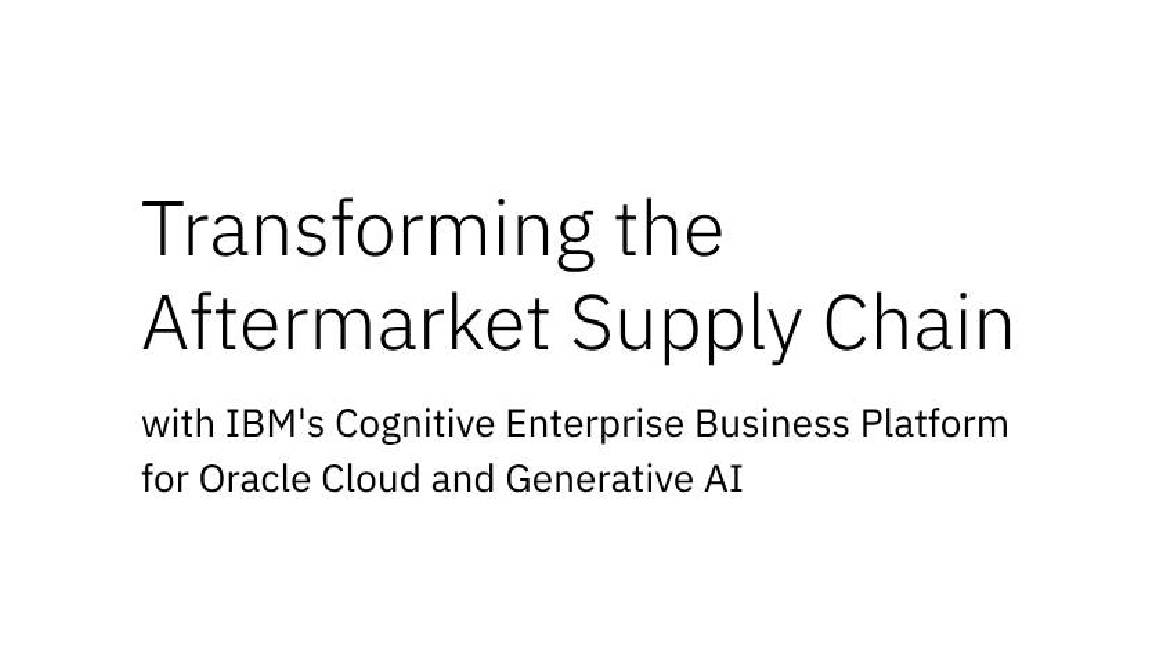
'AI Buddy', Lenovo's visual interactive module proof of concept also feels forgettable in this regard, and frankly a little unserious.
HP admittedly has something special with its NPU chip that can run AI commands without an internet connection, but it runs an AI assistant simply called 'companion' which doesn't exactly stick in the mind either.
The irony here is that we've had more than a decade of memorably-named assistants that were very limited (Alexa, Siri, Cortana) but now we have the opposite of very clever and innovative AI assistants with instantly forgettable names.
More from ITPro
- Lenovo is doubling down on AI PC roll-outs as firm unveils new ranges at Mobile World Congress
- A laptop with a rollable display – who is this for, exactly?
- Lenovo Yoga Pro 9i 16 Gen 9 review: One of the best-value laptops on the market
Emma Woollacott is a freelance journalist writing for publications including the BBC, Private Eye, Forbes, Raconteur and specialist technology titles.
-
 I couldn’t escape the iPhone 17 Pro this year – and it’s about time we redefined business phones
I couldn’t escape the iPhone 17 Pro this year – and it’s about time we redefined business phonesOpinion ITPro is back on smartphone reviews, as they grow more and more intertwined with our work-life balance
-
 The gig economy: Past, present, and future
The gig economy: Past, present, and futureFeature The rise of the gig economy represents a new era of flexible working despite being plagued with controversies
-
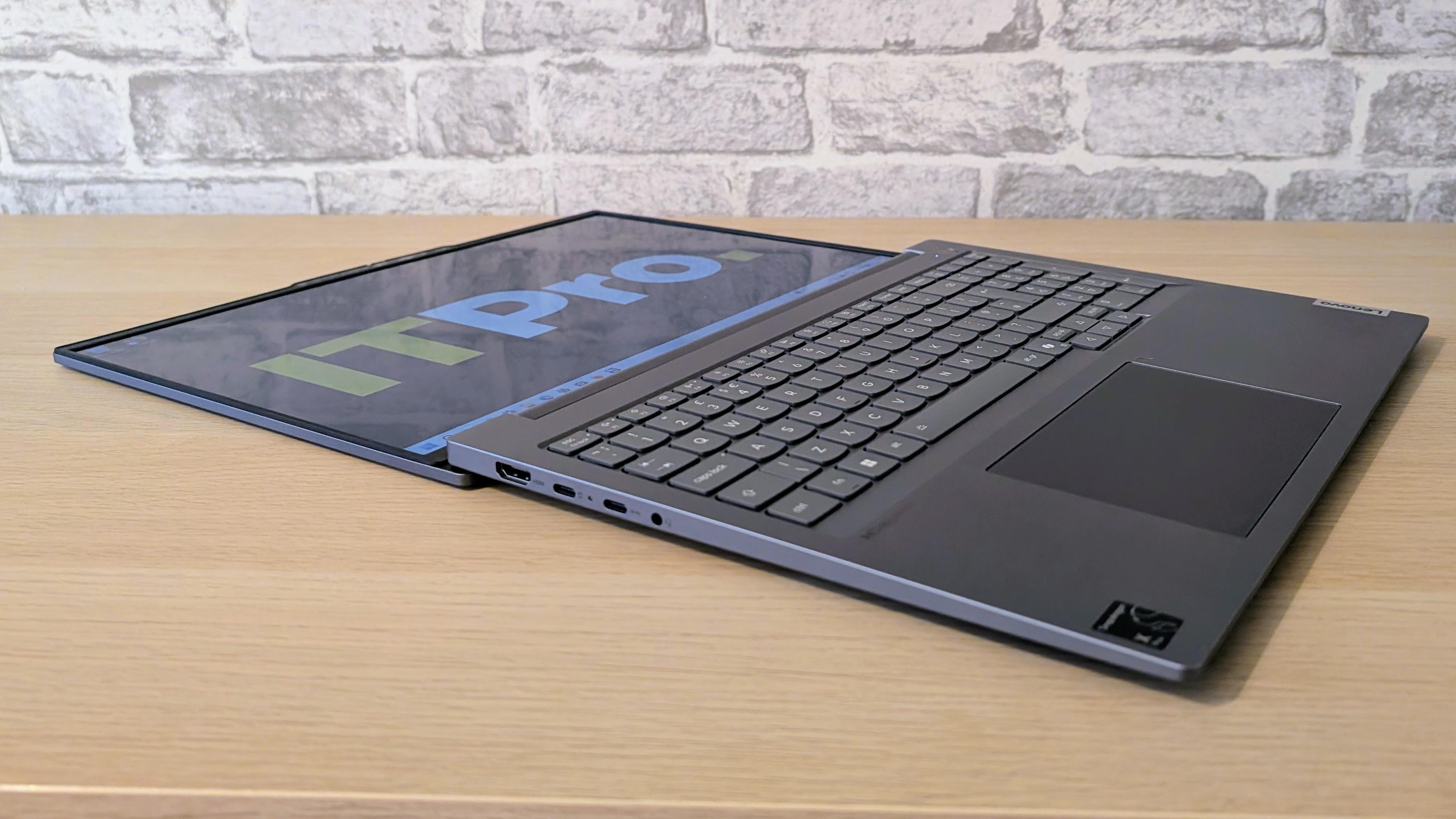 The Lenovo ThinkBook 16 Gen 7 is an affordable business laptop with the best battery life in the world
The Lenovo ThinkBook 16 Gen 7 is an affordable business laptop with the best battery life in the worldReviews The combination of a high-capacity battery, an efficient Snapdragon chipset, and a low price makes the ThinkBook 16 Gen 7 an easy recommendation
-
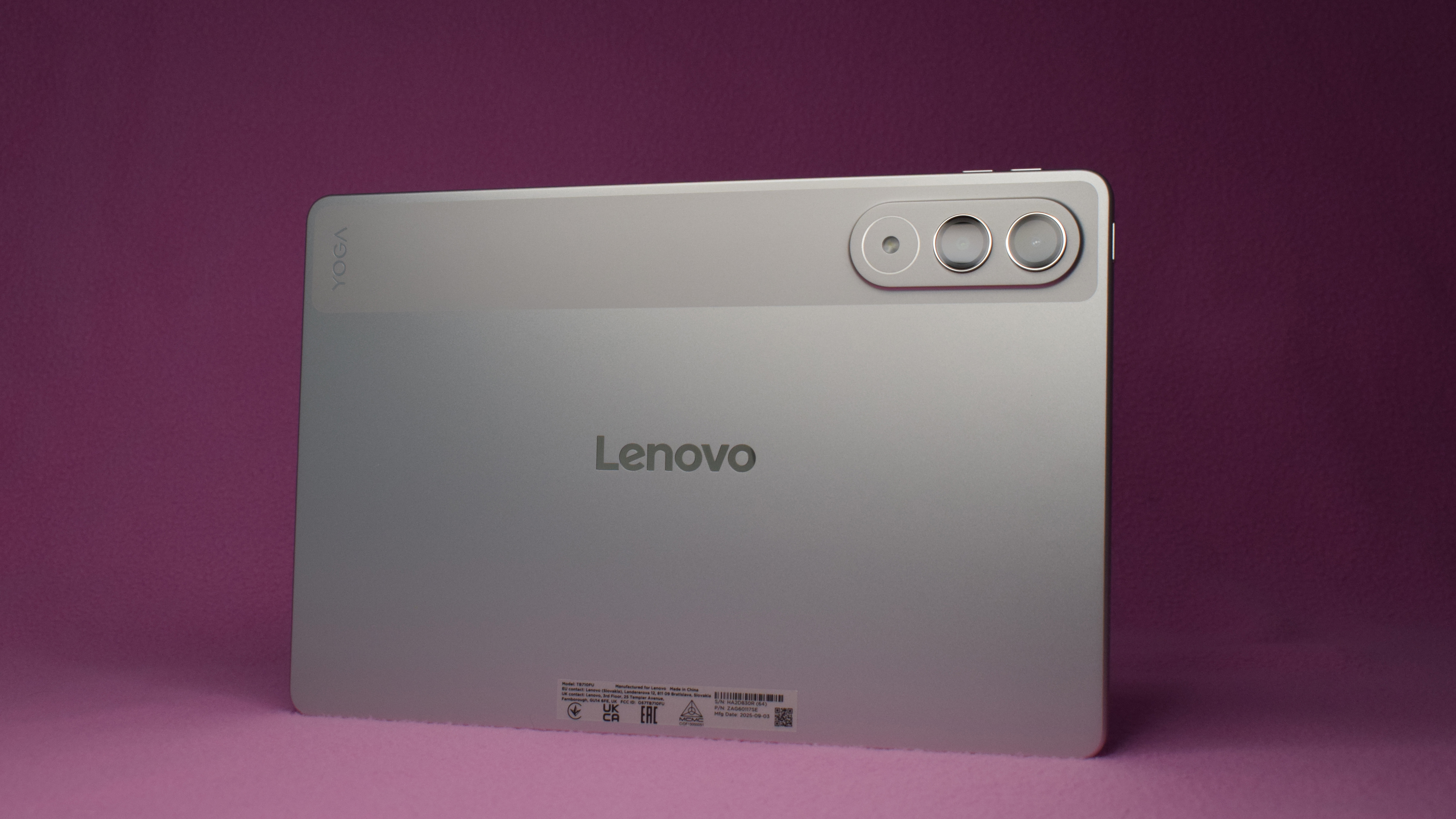 The Lenovo Yoga Tab 11.1in is a run-of-the-mill tablet – but you'll love what you can do with its stylus
The Lenovo Yoga Tab 11.1in is a run-of-the-mill tablet – but you'll love what you can do with its stylusReviews A small tablet for taking notes, or an aid for presentations, the Yoga Tab is an affordable yet innovative little slab of technology
-
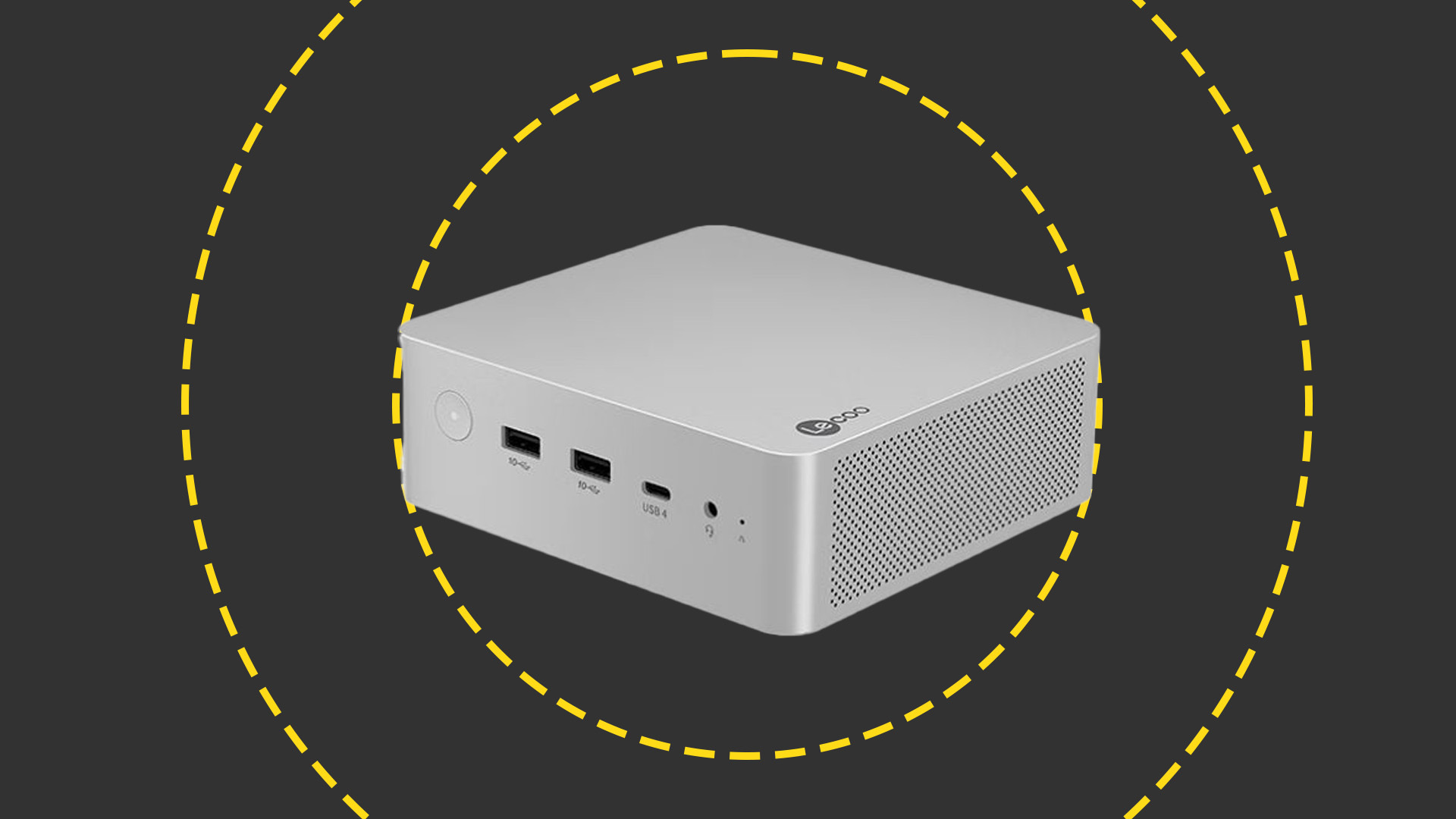 This powerful new mini PC from Lenovo’s Lecoo brand is a great option for remote workers and SMBs on a budget
This powerful new mini PC from Lenovo’s Lecoo brand is a great option for remote workers and SMBs on a budgetNews The Lecoo Mini Pro is a compact, powerful bit of kit for home office workers
-
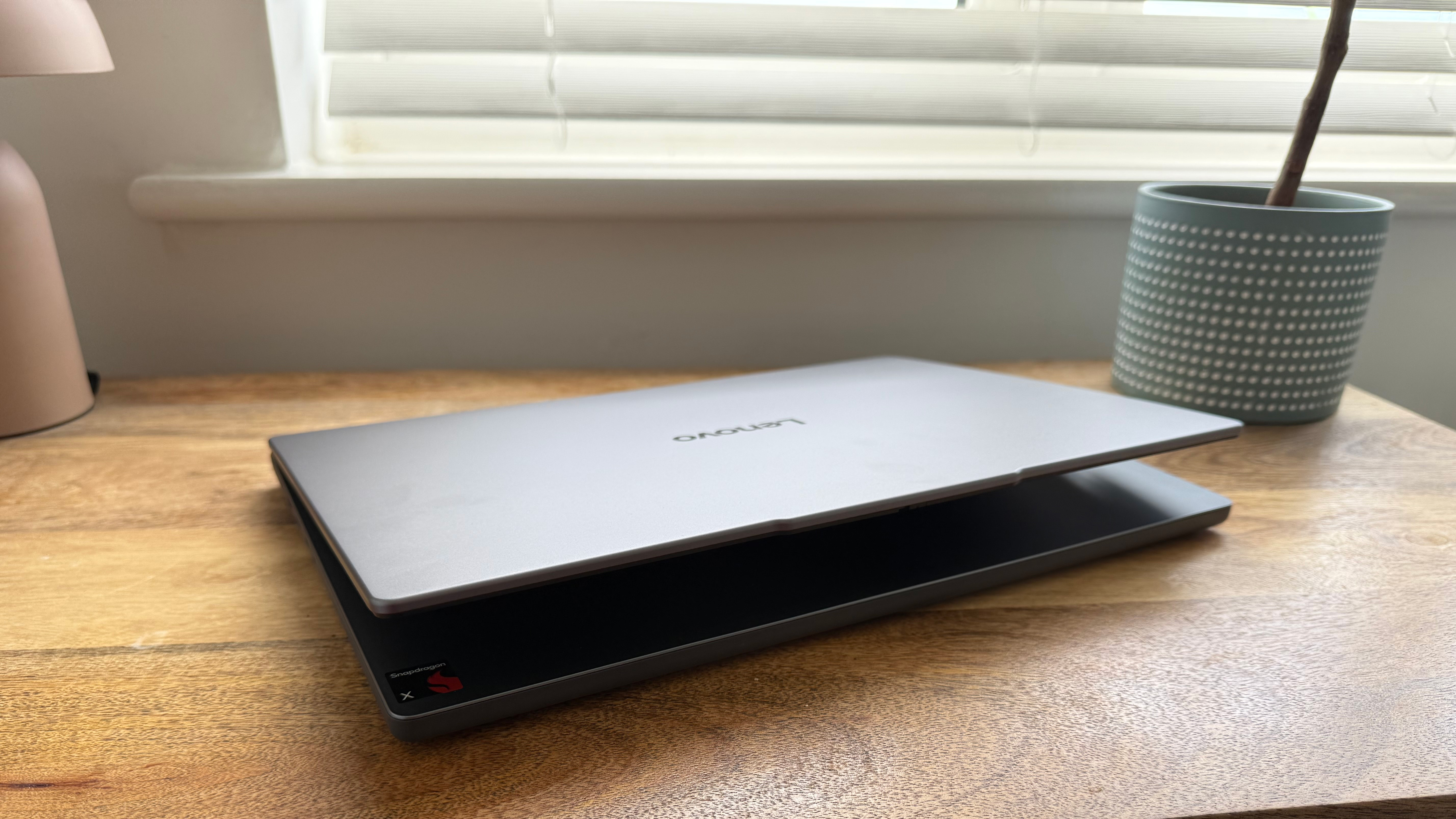 The Lenovo IdeaPad Slim 3x is a well-rounded budget laptop that punches above its weight
The Lenovo IdeaPad Slim 3x is a well-rounded budget laptop that punches above its weightReviews The Qualcomm Snapdragon X-powered laptop packs a punch for the price
-
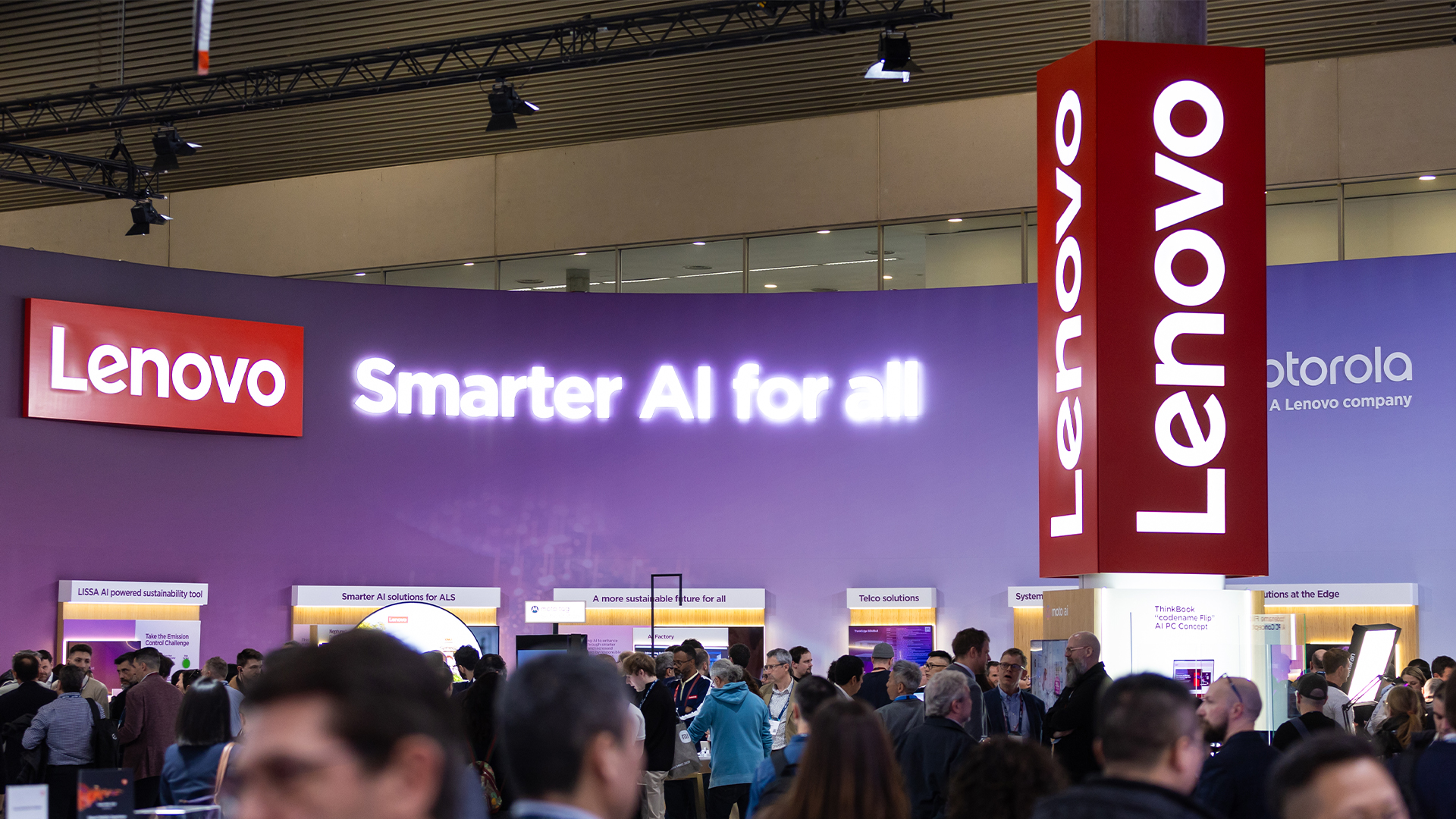 Lenovo laments tariffs and sluggish PC sales as profits nosedive 64%
Lenovo laments tariffs and sluggish PC sales as profits nosedive 64%News Slow PC sales and tariffs combine to push Lenovo's profit down by two-thirds
-
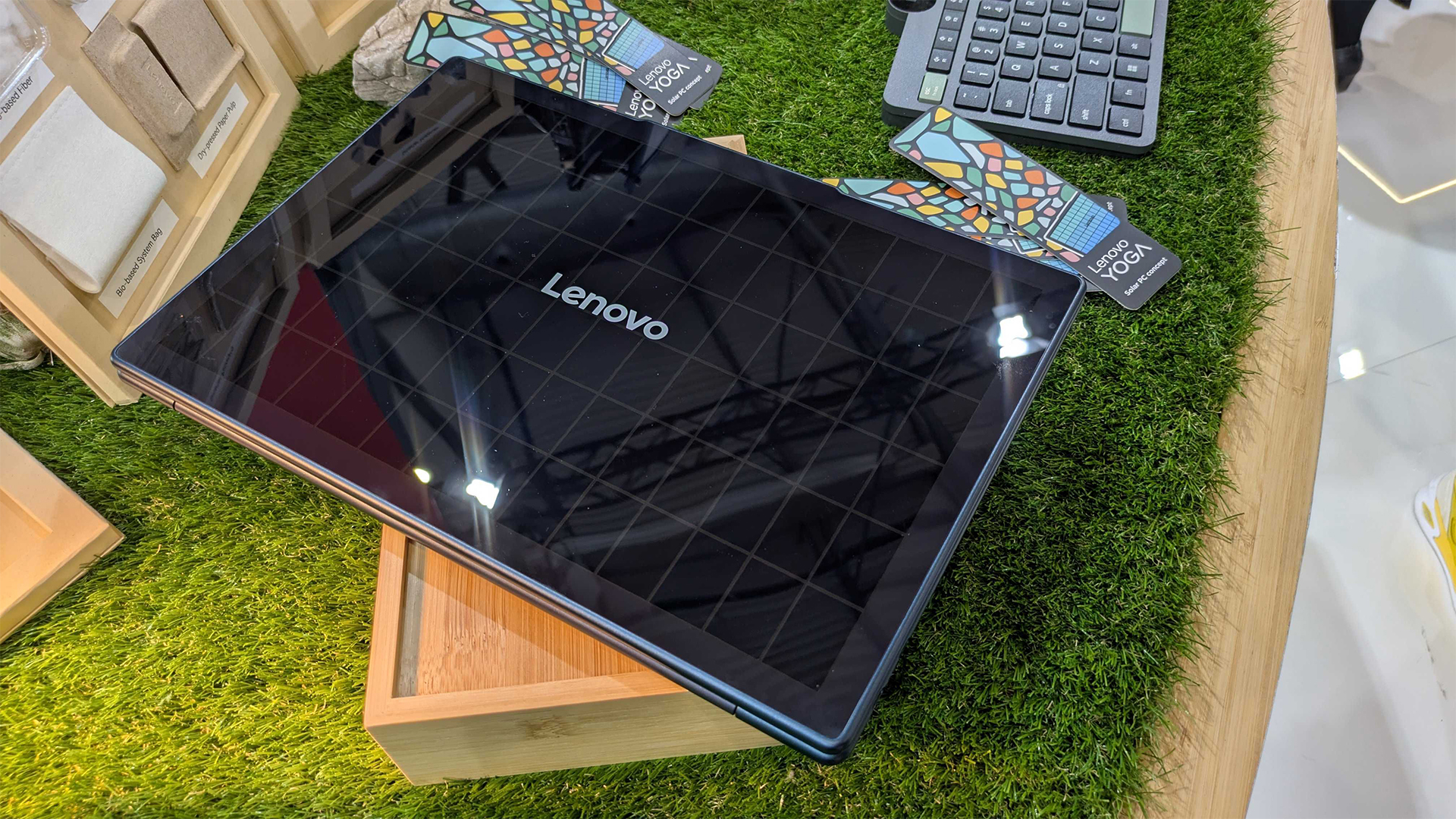 Lenovo’s solar-powered laptop could be a game changer for battery longevity – but we'll be waiting a while for a fully-fledged product
Lenovo’s solar-powered laptop could be a game changer for battery longevity – but we'll be waiting a while for a fully-fledged productNews Lenovo unveiled an experimental solar-powered laptop at MWC 2025 amid updates to the Yoga and Ideapad lineups
-
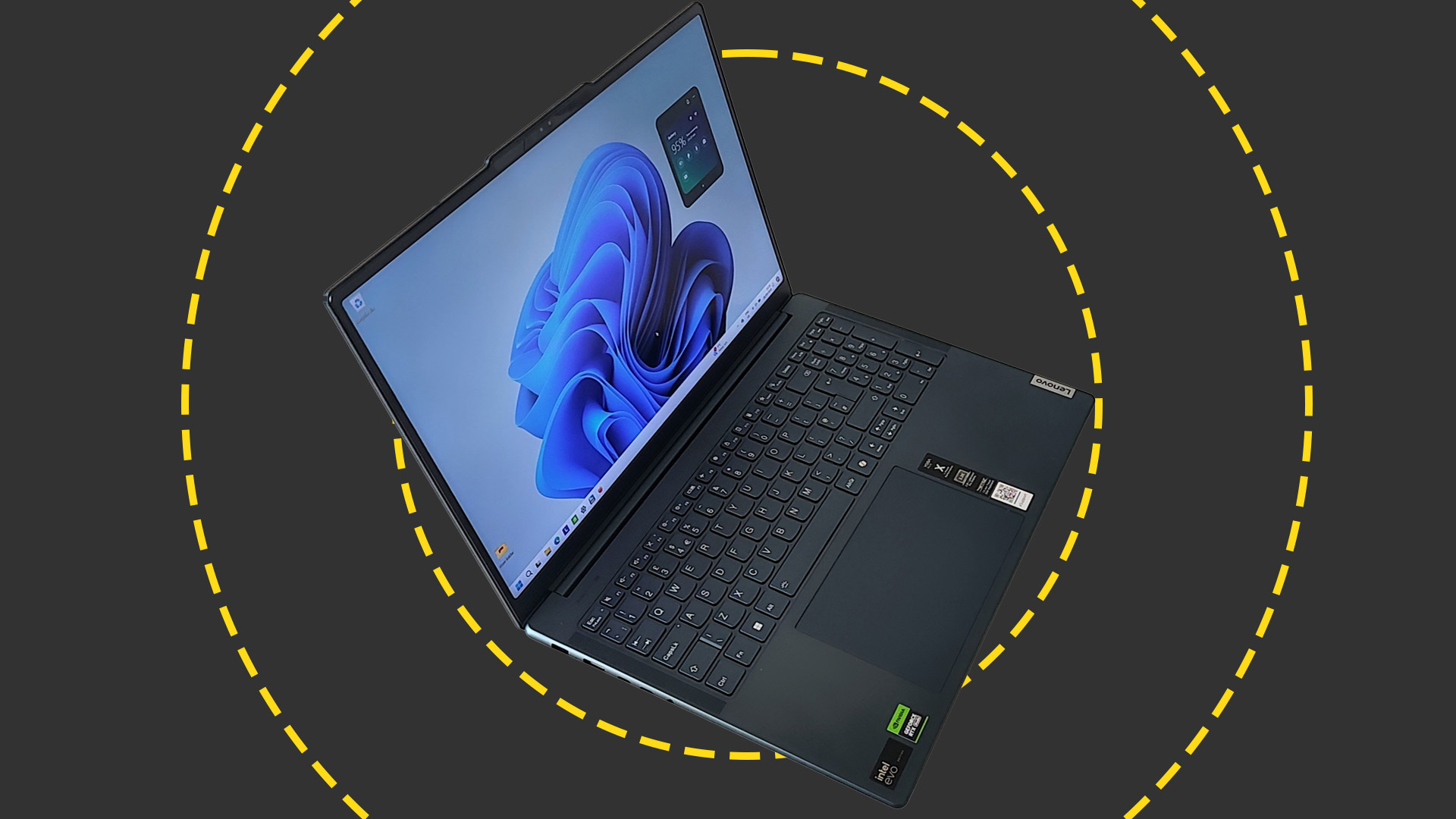 Lenovo Yoga Pro 9i 16 Gen 9 review: One of the best-value laptops on the market
Lenovo Yoga Pro 9i 16 Gen 9 review: One of the best-value laptops on the marketReviews With a powerful Nvidia discrete GPU, and an attractive price, the latest Yoga Pro 9i is the perfect laptop for power creatives on the go
-
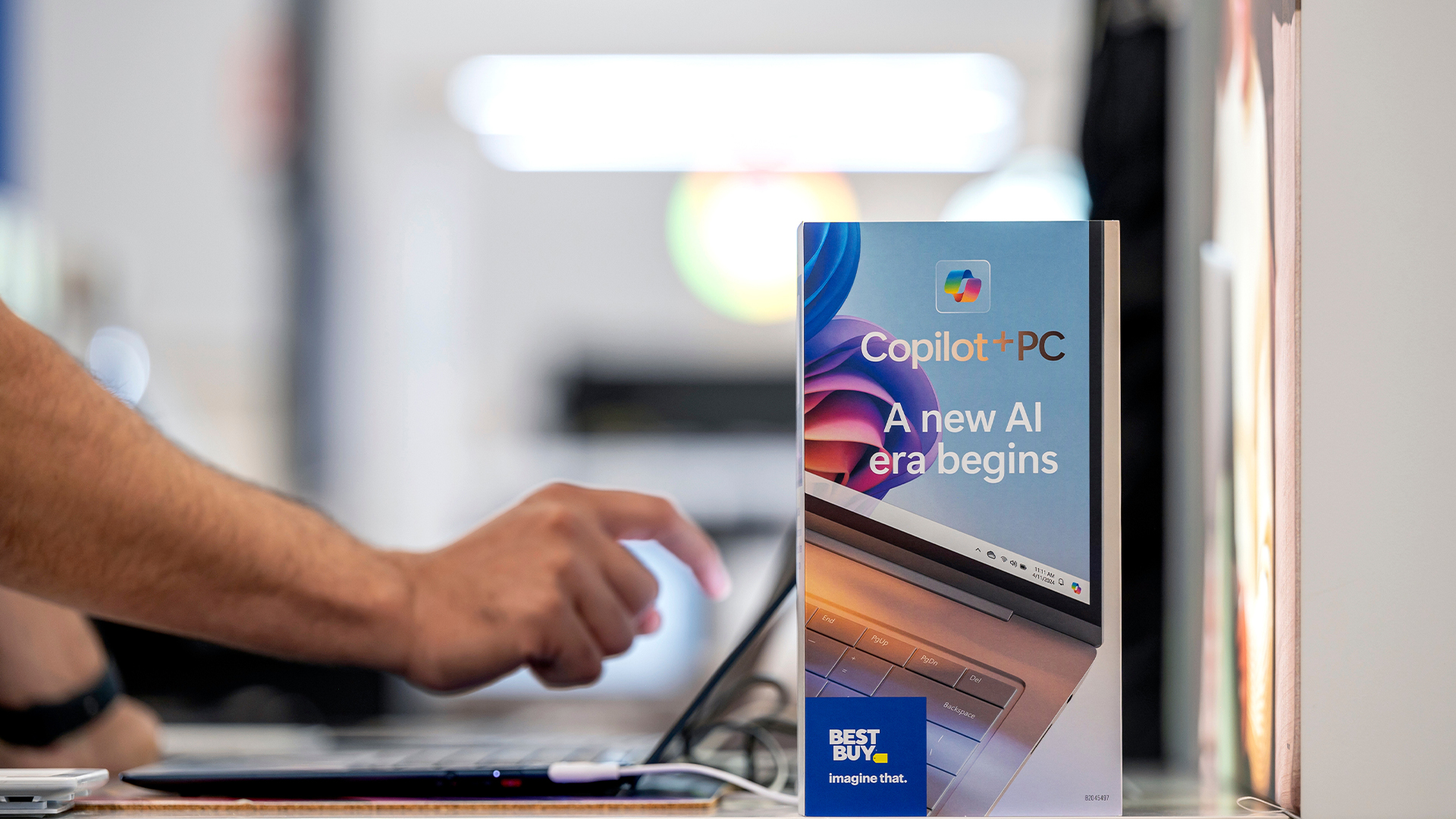 Why the world is about to be swamped with AI PCs
Why the world is about to be swamped with AI PCsNews With adoption rates set to surge, AI PCs will become far more mainstream in years to come
